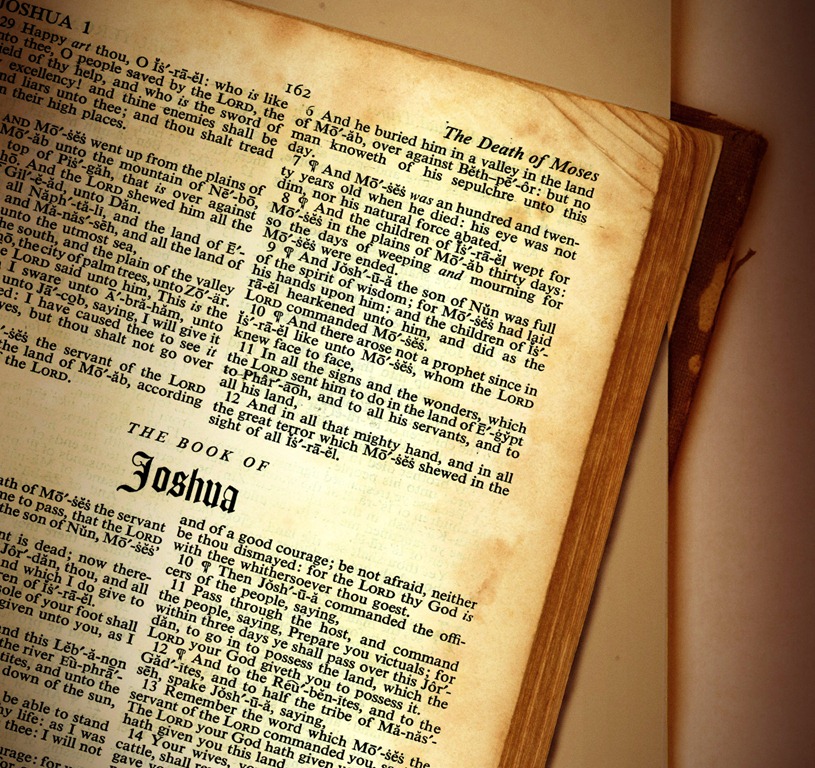
John 6:15-21 So Jesus, perceiving that they were intending to come and take Him by force to make Him king, withdrew again to the mountain by Himself alone. 16 Now when evening came, His disciples went down to the sea, 17 and after getting into a boat, they started to cross the sea to Capernaum. It had already become dark, and Jesus had not yet come to them. 18 The sea began to be stirred up because a strong wind was blowing. 19 Then, when they had rowed about three or four miles, they saw Jesus walking on the sea and drawing near to the boat; and they were frightened. 20 But He said to them, “It is I; do not be afraid.” 21 So they were willing to receive Him into the boat, and immediately the boat was at the land to which they were going."
Introduction:
A quote from commentator Warren Wiersbe begins our reflections on Jesus' miracle of walking on the water:
"Did Jesus know that a storm was coming? Of course. Then why did He deliberately send His friends into danger? Quite the opposite is true: He was rescuing them from greater danger, the danger of being swept along by a fanatical crowd. But there was another reason for that storm: The Lord has to balance our lives; otherwise, we will become proud and then fall. The disciples had experienced great joy in being part of a thrilling miracle. Now they had to face a storm and learn to trust the Lord more. The feeding of the five thousand was the lesson, but the storm was the examination after the lesson."
Whenever we consider Jesus' miracle of the feeding of the 5,000 in John 6:1-15, we could deem that a mass miracle in this chapter of John's Gospel. The point of that first miracle in John 6 was to demonstrate that Jesus could gloriously provide for the physical needs of His people. Such provision points to what He truly and ultimately came to offer: namely provision for the impoverished soul.
Jesus provides not only for physical needs, but emotional needs
In this miracle of walking on the water, which one could deem a majestic miracle, we find the Lord Jesus providing for the psychological needs of His disciples, as well as demonstrating His Divine authority over the created realm.
In John 6:20, we find the disciples frightened and afraid. Jesus' appearance by way of walking on the water delivers to them the provisions they need for the emotional need of the moment. Much like the provision of physical needs, Jesus' provision of psychological and emotional needs points to His ultimate goal of providing for the needs of the soul.
Commentator Matthew Henry gives us the following insight about Jesus' actions:
"Note, [1.] Our real distresses are often much increased by our imaginary ones, the creatures of our own fancy. [2.] Even the approaches of comfort and deliverance are often so misconstrued as to become the occasions of fear and perplexity. We are often not only worse frightened than hurt, but then most frightened when we are ready to be helped. But, when they were in this fright, how affectionately did Christ silence their fears with that compassionate word (John 6:20), It is I, be not afraid! Nothing is more powerful to convince sinners than that word, I am Jesus whom thou persecutest; nothing more powerful to comfort saints than this, “I am Jesus whom thou lovest; it is I that love thee, and seek thy good; be not afraid of me, nor of the storm.” When trouble is nigh Christ is nigh."
When Jesus stated in John 6:20 "it is I", the underlying Greek of this phrase could just as easily translated: "I am". The statement: "I am" hearkens back to the Divine name revealed to Moses in Exodus 3:14. Jesus here reminds His disciples that in as much as He is truly man, He is Yahweh or truly God at the same time. He is indeed God in human flesh. He is Lord over land, sea, sky, man and angels. As God, the Lord Jesus enters into the storm, into the boat and into the very fears of His disciples. His glorious light of Deity and compassionate expression of humanity dispels their fears. When we open up to Him, He will do the same for us.
Closing thoughts:
As we close out today's post, the point of this mediation on Jesus' walking on the water, we discovered that one of the main purposes of the miracle was to gain access to His disciples. Jesus brought to them the only source of psychological and emotion comfort they could have to overcome their immense fear: namely Himself. His affirmation to them of "do not be afraid, it is I" is a powerful reminder to us in the storms of life of how He can bring the peace we need to overcome our fears. He is the "I am". He is the Provider of our emotional needs and calmer of all our fears.









